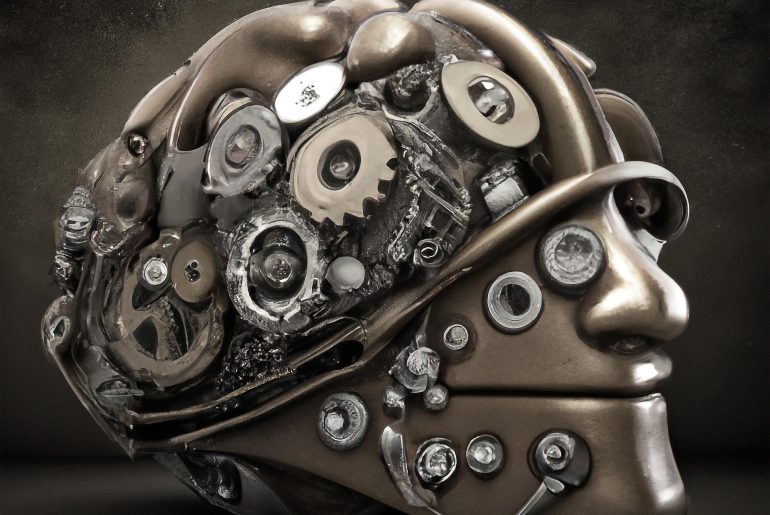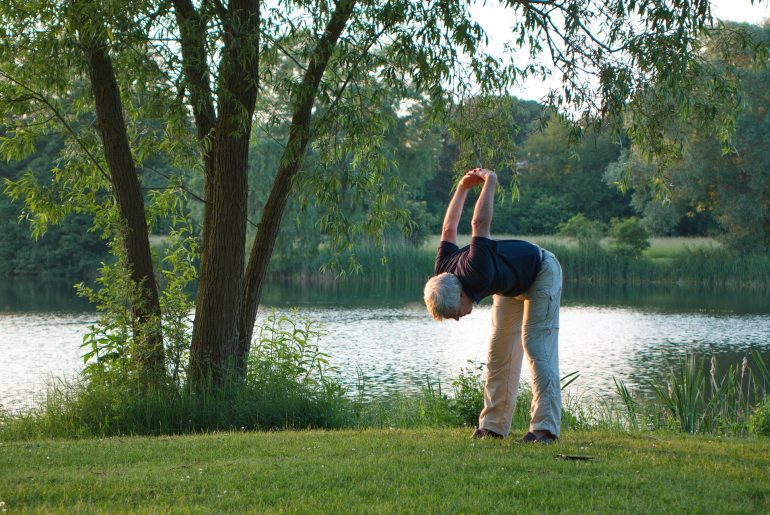How often do you find yourself sitting down for a long period of time? Due to the nature of our modern-day lives, this probably happens regularly. Maybe your job requires you to be seated at a computer for most of the day, or maybe you have found yourself reading BeUpstanding™ blog posts for hours. Do you want to be less sedentary and move more during your work time? If so, what motivates you to do this? Increased computerisation and modernisation of the working environment allows desk-based employees to complete most of their tasks seated. Too much sedentary time is now acknowledged as a public health concern, as well as an emerging work health and safety issue. Prolonged periods of sedentary time can increase the likelihood of developing diabetes, cardiovascular disease, and other lifestyle-related diseases, as well as detrimentally affect mental health. In contrast, regularly interrupting sedentary time, including by standing up, doing simple resistance activities (like going up and down on your toes), or going for a walk, can help reduce these impacts. The BeUpstanding™ program is designed to help create a culture where these regular movements, or a dynamic workplace, is the norm. Over 95% of participants in our…
![]()










